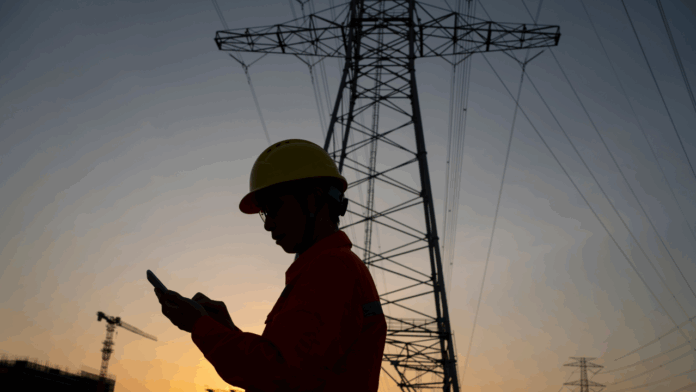In our recent series of electricity-related topics stemming from The Platform News’ interview with energy consultant Arwin Lawas Ardon, we learned that the Philippines is one of the few countries in ASEAN without electricity subsidies.
We also do not have a state-run Strategic Petroleum Reserve (SPR), and while renewable projects do exist in the country, they still have a long way to go before contributing a significant portion to our energy mix.
Another insight from the interview is that prepaid electricity might be an important development for those trying to keep their energy bills down.
Like most things in governance, this all started with a piece of signed paper: Resolution No. 15, Series of 2009 of the Energy Regulatory Commission (ERC) that was passed on July 13, 2009. It laid out the guidelines for Prepaid Retail Electric Service (PRES) using a prepaid metering system. This prepaid system is similar to the common practice of “loading” a SIM card, where one has to buy a certain amount of credits, or “load,” to use the service.
In 2012, the ERC followed up with Resolution No. 17, which expanded the framework to include commercial and industrial users. It also allowed advanced, ERC-approved meters capable of real-time communication with users. This could be through a mobile application on a cellphone. and provided alerts for usage, consumption, and low-load warnings.
At its core, the prepaid electricity service (PRES) concept gives consumers more control over electricity use and spending. It also encourages more responsible consumption.
Early adopters in 2011 included San Fernando Electric Light and Power Co., Inc. (SFELAPCO) in Pampanga, Davao del Sur Electric Cooperative, Inc. (DASURECO), and the Manila Electric Company (MERALCO). Others soon followed.
A steady uptake was reported by MERALCO, which noted 96,717 activated prepaid meters as of September 30, 2018. Most of these users were residential customers, as well as real estate developers catering to students and young families in low, mid, and high-rise residential buildings.
But it’s not all praise. The IBON Foundation, a research, education, and advocacy group, calls this system an affront to decent living, stating that “electricity is needed to achieve the minimum standard of decent living.
“Thus, it should not be contingent upon the ability of people to pay and must be a basic right guaranteed by the state. KLoad and MERALCO’s remote and automatic disconnection system is a blatant affront to this right.”



